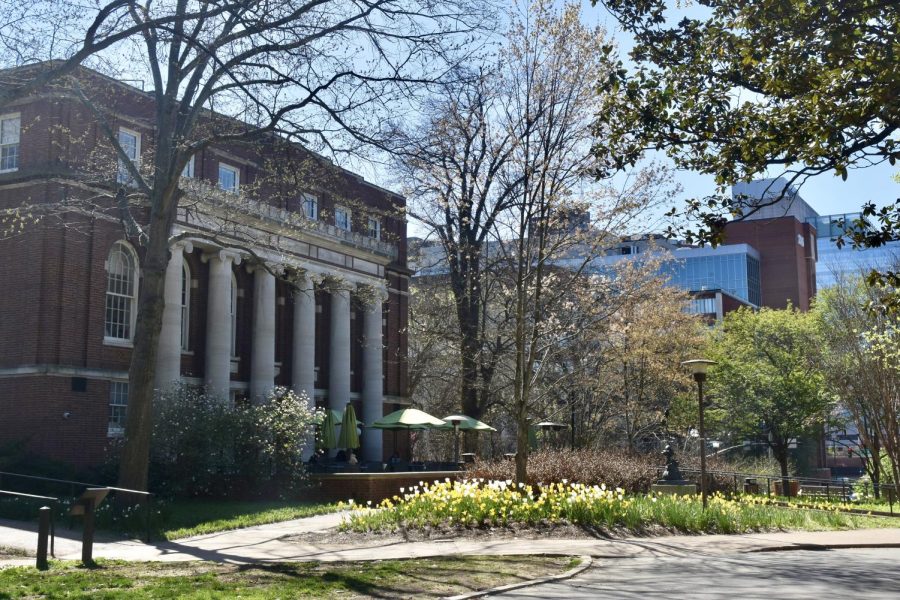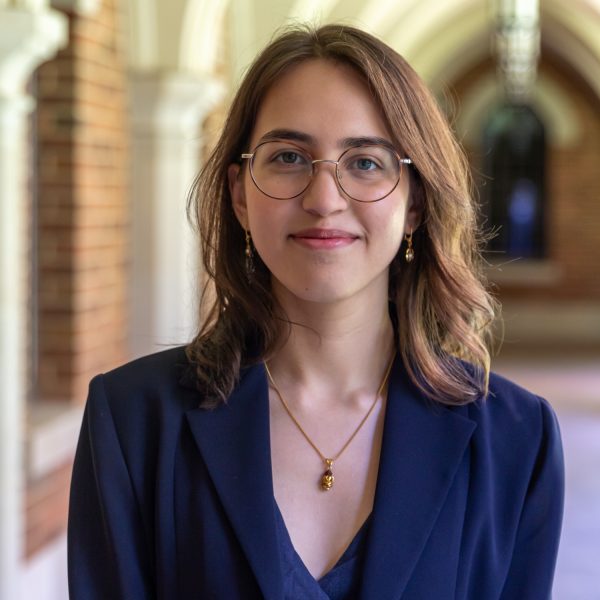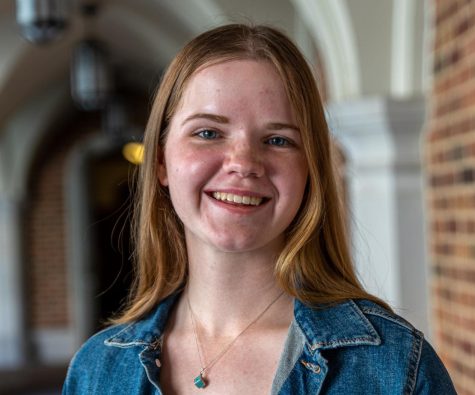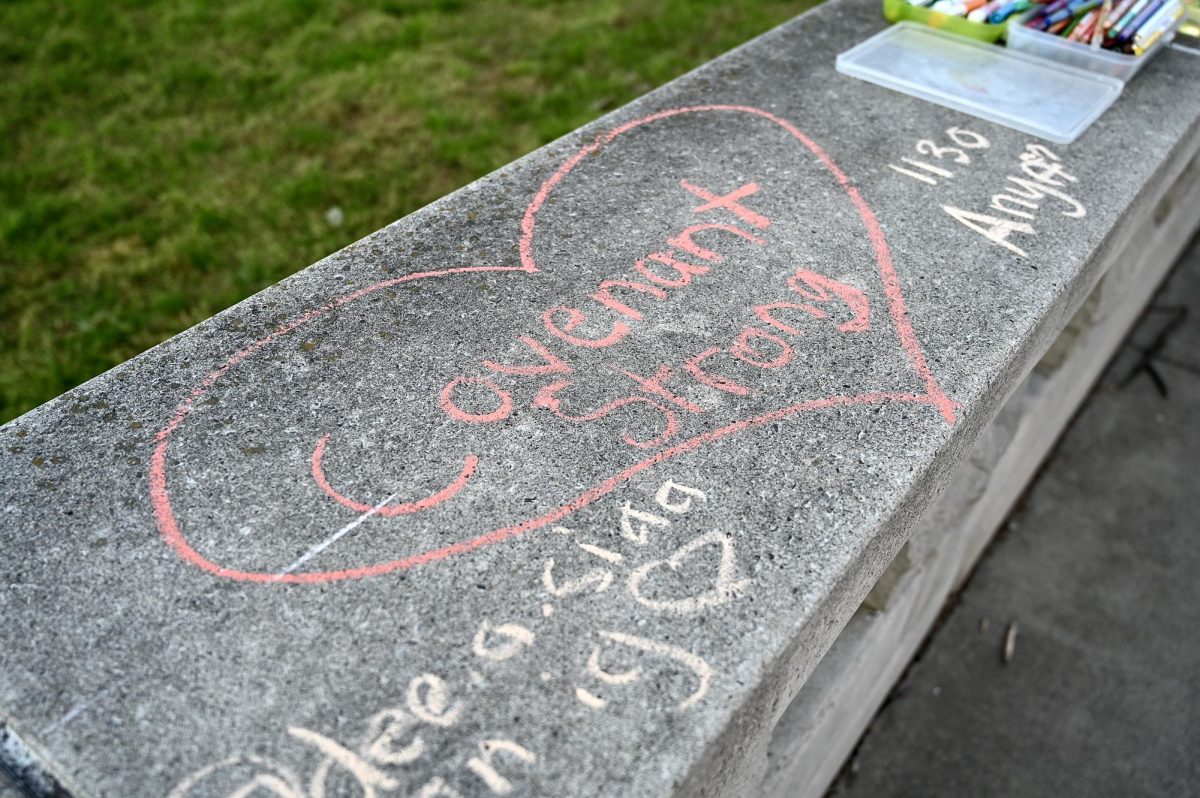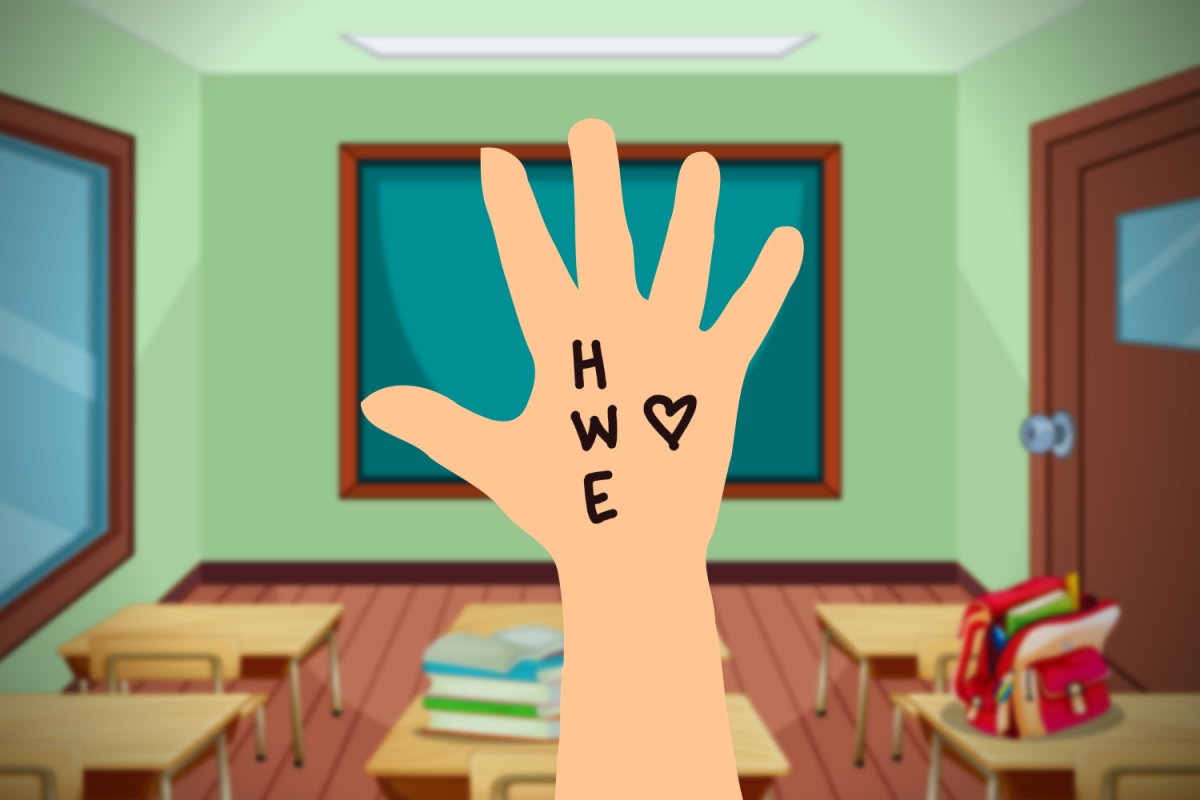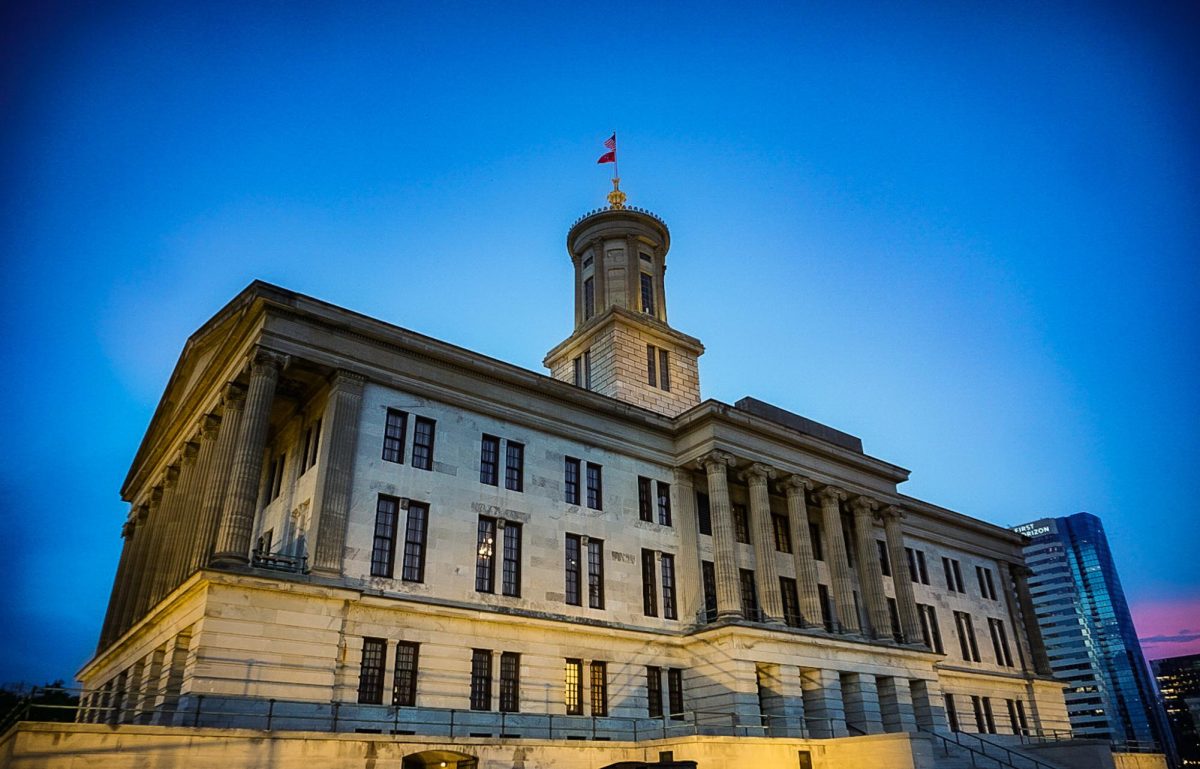After a shooting at The Covenant School left six victims dead — including a Vanderbilt alum — within 4 miles of campus, administrators convened a university-wide meeting to offer condolences. The Hustler spoke to students and faculty about their initial reactions to the shooting, their demands for action and student-organized mobilizations in response.
Student reflections
Sophomore Eshani Mehta, a Nashville native, said that the shooting was “heartbreaking” but encouraged students to avoid feeling “defeated and desensitized.”
“I’m from Brentwood, Tennessee, and have a younger brother who goes to high school in the area, and it was jarring to see tragedy occur so close to home,” Mehta said. “Such senseless violence is preventable, and we must use our feelings of outrage to fuel change.”
Junior Benjamin Sensing, a student involved with Vanderbilt Christian Ministry (RUF) and a Tennessee native, said that he struggled to process the tragedy but learned on his local church for support. The Covenant School was a private, Christian school for Pre-K to 6th grade students.
“I really appreciate the places that my local church and RUF provided to gather, mourn and pray about the tragedy helped me to process,” Sensing said. “I hope that a tragedy so close to campus that directly affects members of the Vanderbilt community prompts students to lean on each other and their faith.”
Junior Chandler Quaile, Vanderbilt Lambda Association’s community liaison, said Republican lawmakers’ narratives about the shooting dangerously target the transgender community. Metro Nashville Police Department has stated that the shooter identified as a transgender male, and a number of legislators have placed blame for the shooting on the transgender community as a result.
“What happened this week is a tragedy, brought about by Republican inaction and unwillingness to prioritize student safety over gun worship. Yet instead of confronting the facts, Republicans have taken aim at trans people who they have made their favorite target of bigotry this legislative cycle,” Quaile said. “There is nothing more morally bankrupt than pathologizing trans people instead of legislating the actual issues. Protect kids, not bigots.”
Vanderbilt College Republicans President Shane Mumma, a senior, did not immediately respond to The Hustler’s request for comment about these claims.
Junior Lauren Mitchum said Lambda is concerned about the safety of its members as a result of this rhetoric; however, they encouraged students to use the Office of LGBTQI Life’s resources and campus spaces to process these events.
“Anyone who is choosing to focus on the gender identity of the perpetrator instead of honoring the lives lost and advocating for gun control reform is complicit in encouraging more harm and scrutiny toward an already vulnerable and marginalized community,” Mitchum said. “We are primarily concerned with the ability of queer and trans students to move about campus and through Nashville without fear of harassment or violence.”
Mitchum added that Lambda was pleased with the university’s creation of a task force to address anti-queer legislation but disappointed by the lack of “explicit reaffirmation” of the university’s commitment to support its LGBTQ+ community in the wake of the shooting.
“It would have been a great show of support to have even just a few words acknowledging the impact that the anti-trans rhetoric sparked by the shooting would have on trans students, faculty, staff and allies,” Mitchum said.
Peabody student reflections
Zoe Rankin (‘22), a first year Metro Nashville Public Schools teacher, was teaching her Kindergarten when she found out about the shooting.
“Seventeen bright young faces with their whole futures ahead of them looked at me and asked me if they would be safe,” Rankin said. “I could only promise them that I would do everything I could to have the answer be yes.”
Many students in Peabody College complete practicums or work with students at Nashville school. Sophomore Cesar Palacios said the shooting was unnerving for future elementary school teachers like him because it reminded them that they are at risk.
“As I arrived at my practicum site the following day, I witnessed parents holding on to their child’s hand until the very last second not knowing if they would see their kid again,” Palacios said. “All I wanted to say was that it is all going to be okay, but I couldn’t make that promise.”
Palacios added that the shooting has made future teachers like him more vigilant and fearful for campus safety.
“As my co-teacher and I walked into the school, we immediately started planning an escape route, pointing out different exits near our classroom in case we are forced in a situation to act quickly,” Palacios said.
Sophomore Helena Spigner said her excitement about being a future teacher is dampened by the fear of tragedy.
“While I’m counting down until I’m the teacher instead of the student, I can’t help but to feel horrified,” Spigner said. “How am I supposed to keep my students safe in a space that I don’t even feel safe in?”
Sophomore Kate Mason said she was terrified to learn about the details of the shooting because she worried that her or her peers had been the victims.
“I was scared to check the name of the school out of fear it was where my peers were student teaching,” Mason said. “It could have been my kindergarten students who I am with every Tuesday and Thursday morning at the exact time of the tragedy.”
Sophomore Bobbi Sloan said the event reminded her of how dangerous elementary education — her future career — is.
“If I die, I will be another statistic,” Sloan said. “We are all afraid. More so, we are sick and tired of being disposable.”
Faculty reactions and response
Professor Jonathan Metzl, who studies gun violence and mental health, said this shooting hit close to home for the Vanderbilt community.
“You could hear the helicopters, you could hear the sirens as some of the victims were brought to Vanderbilt hospital,” Metzl said. “We know people who work there, who live there.”
Metzl added that narratives that place blame on the transgender community for this tragedy can feed into existing stigmas against these individuals.
“The idea that there’s something about being transgender that causes somebody to become a mass shooter is preposterous,” Metzl said. “It just fits neatly into the stigma and the violence that’s already happening against trans communities.
Metzl said the Medicine, Health and Society program conducts extensive work on gun violence and that he will be co-teaching a course titled “Guns in America” in Fall 2023. He added that the department has “open doors” for anyone affected by the shooting and encourages students to use their position to advocate to lawmakers.
“Students have the power to put pressure on legislators, and college campuses are targets of terrible campus carry policies,” Metzl said. “It’s really never been more important for students to have their voices heard.”
Professor David Weintraub said that he lives two houses down the street from the family of one of the shooting’s victims.
“Tragedy brings neighbors and neighborhoods together,” Weintraub said. “But young Evelyn won’t collect any more Easter eggs from my lawn or Halloween candy from my doorstep.”
The “real tragedy,” Weintraub said, was society’s choice to put the rights of gun owners over the wellbeing of children.
“The vast majority of voters would prefer to let school children die so that they can keep their arsenals of weapons,” Weintraub said. “That, at least, is the message they send every time they elect and re-elect legislators who vote to arm teachers instead of to limit the number of assault weapons sold.”
Brina Ratangee, Katherine Oung, and Rachael Perrotta contributed reporting to this piece.


